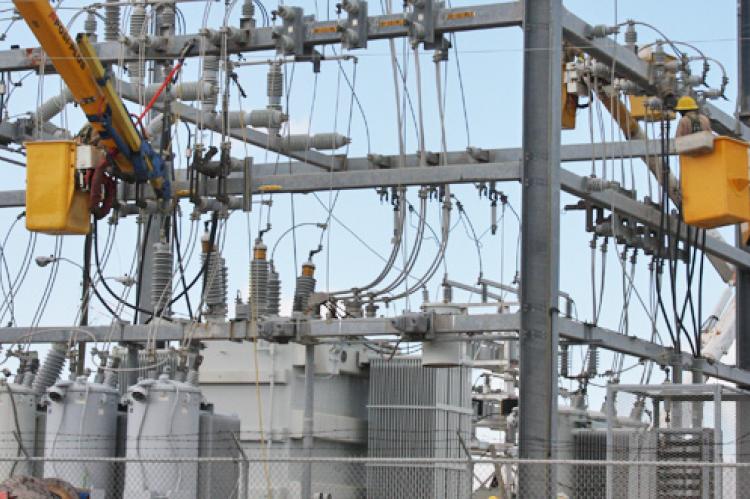Unravelling the Conflict: Understanding Belize's Expensive Electricity Rates
...Understanding Belize's Expensive Electricity Rates
By: Omar Silva, NP Staff Writer
Belize City: Saturday 22nd July 2023
In the midst of Belize's soaring electricity rates, the ongoing tensions between Belize Electricity Limited (BEL) and the Public Utilities Commission (PUC) have left the ordinary citizen bewildered and burdened. As the most expensive electricity rates in the region persist, it is essential to shed light on the complex issues at play, ensuring the wider public gains a deeper understanding of the challenges affecting their wallets.
At the heart of the matter lies the disagreement between BEL and the PUC over power purchasing agreements and energy projects. Recently, the PUC clarified statements made by BEL's Chairman, Andrew Marshalleck, in a local talk show appearance. Marshalleck had mentioned that the PUC obstructed a power purchasing agreement with Blair Athol Power Company Limited (BAPCOL), which ended this month.
However, the PUC asserted that their intervention was aimed at protecting consumers' interests, as BEL had been inclined to agree to a higher rate of point-zero-eight-five cents per kilowatt-hour for a 15-year period. The PUC's involvement brought the rate down to point-zero-five-nine-three cents per kilowatt-hour for a 25-year period, offering potential cost savings for citizens in the long term.
Moreover, the PUC addressed BEL's objections to their proposed licensing regime, which aims to facilitate the entry of numerous potential energy producers eager to sell energy to the grid. BEL's reluctance to embrace this proposal delays the introduction of more affordable and cleaner energy sources, as demonstrated by BECOL's proposal to establish a solar farm.
BECOL's proposed rate for the solar farm, while competitive, was criticized by the PUC for being too high—$0.199 cents per kilowatt-hour with an annual escalation clause. The PUC firmly believes that competitive bidding would drive prices down, leading to declining rates over time and increased accessibility to renewable energy.
Simultaneously, the recent cyber-attacks have added another layer of complexity to the situation. BEL pointed fingers at the PUC, blaming them for not investing sufficiently in security software. In response, the PUC refuted this claim, asserting that it was BEL's decision not to invest, deeming it economically unviable.
For the ordinary citizen who is already struggling to afford electricity for basic needs, these conflicts may appear distant and convoluted. However, the implications are felt directly in their pockets, as electricity bills continue to mount. With the PUC acting as a watchdog for consumer rights, and BEL responsible for energy generation and distribution, finding a common ground that benefits both parties and the wider public becomes paramount.
As Belizeans bear the burden of the region's highest electricity rates, it is crucial to engage in informed conversations about energy policies, security measures, and the development of renewable energy sources. Increased transparency from both BEL and the PUC will empower citizens to comprehend the factors influencing their electricity bills and enable them to participate in shaping a more affordable and sustainable energy future.
In conclusion, the complexities surrounding Belize's expensive electricity rates are not lost on the ordinary citizen. As the dispute between BEL and the PUC continues, citizens are urged to seek a comprehensive understanding of the issues at hand, advocating for a well-balanced energy landscape that caters to their needs and financial capacities. Only through collaboration and transparency can Belize pave the way for a brighter, more cost-effective energy future for all its citizens.
- Log in to post comments


